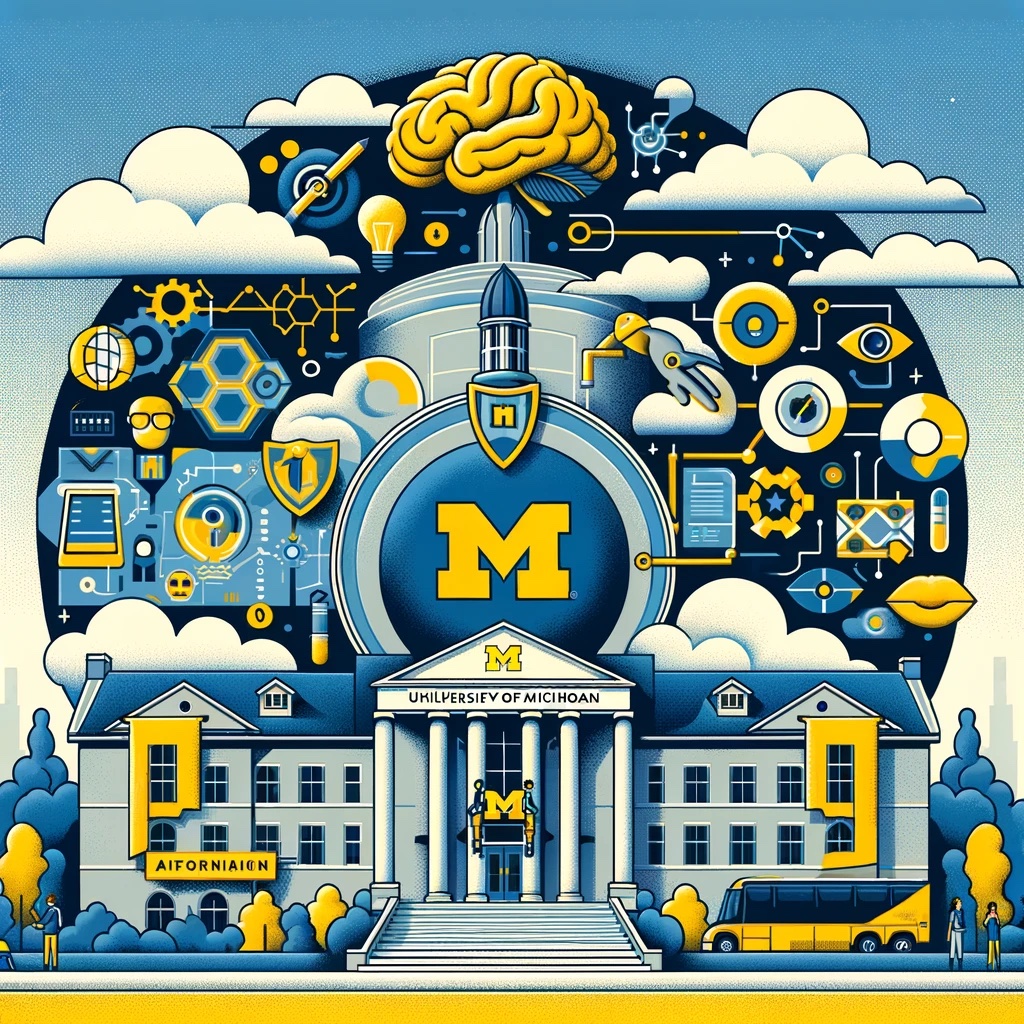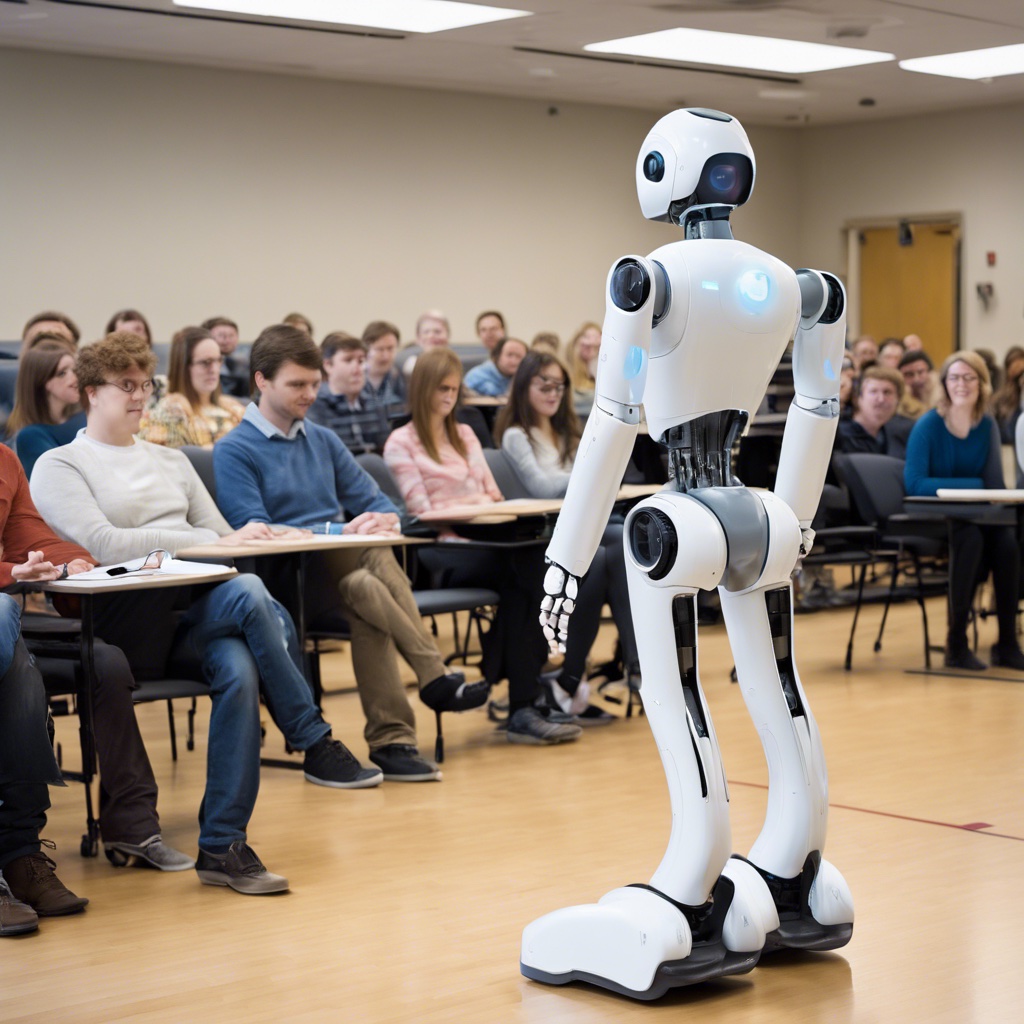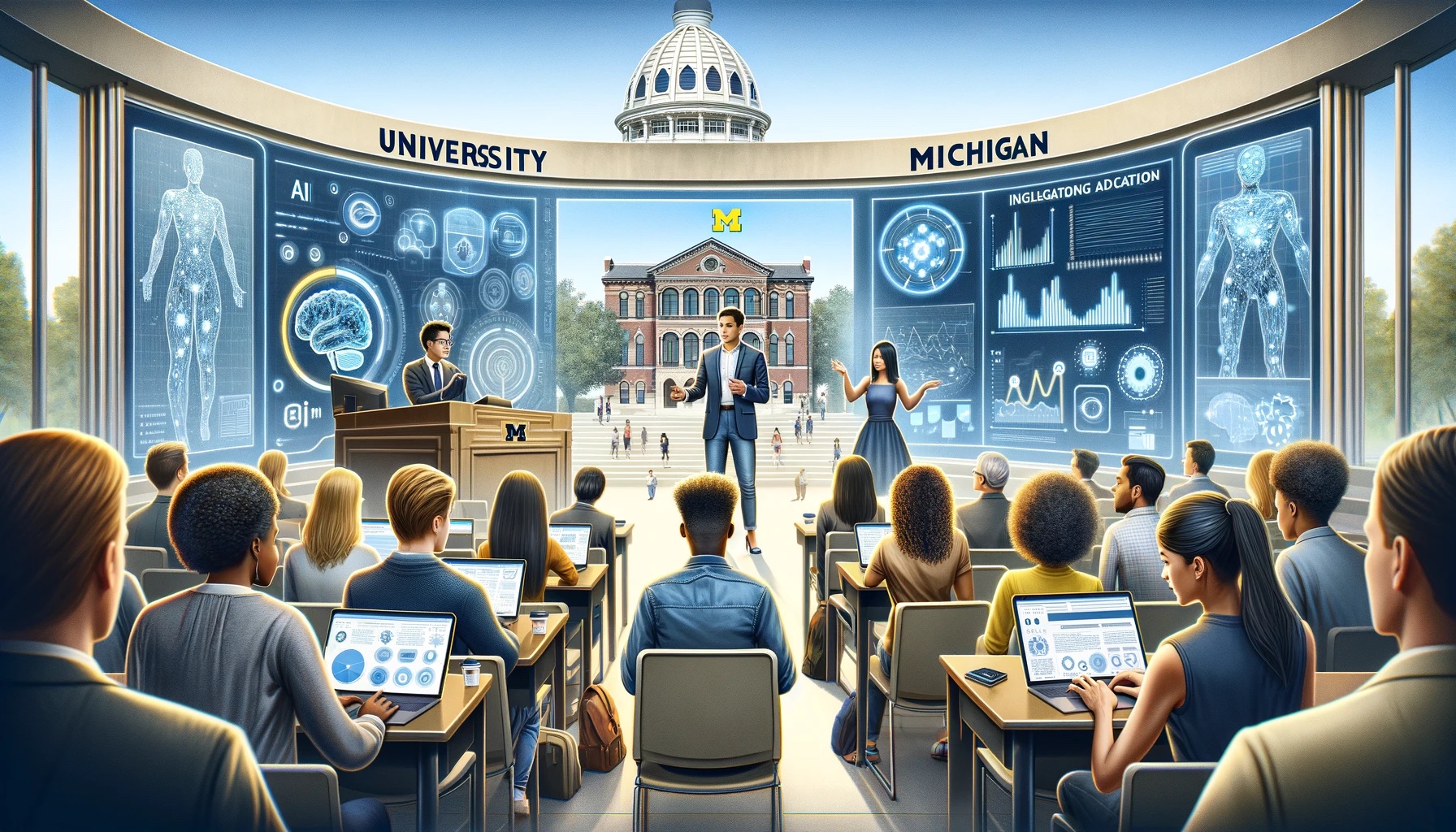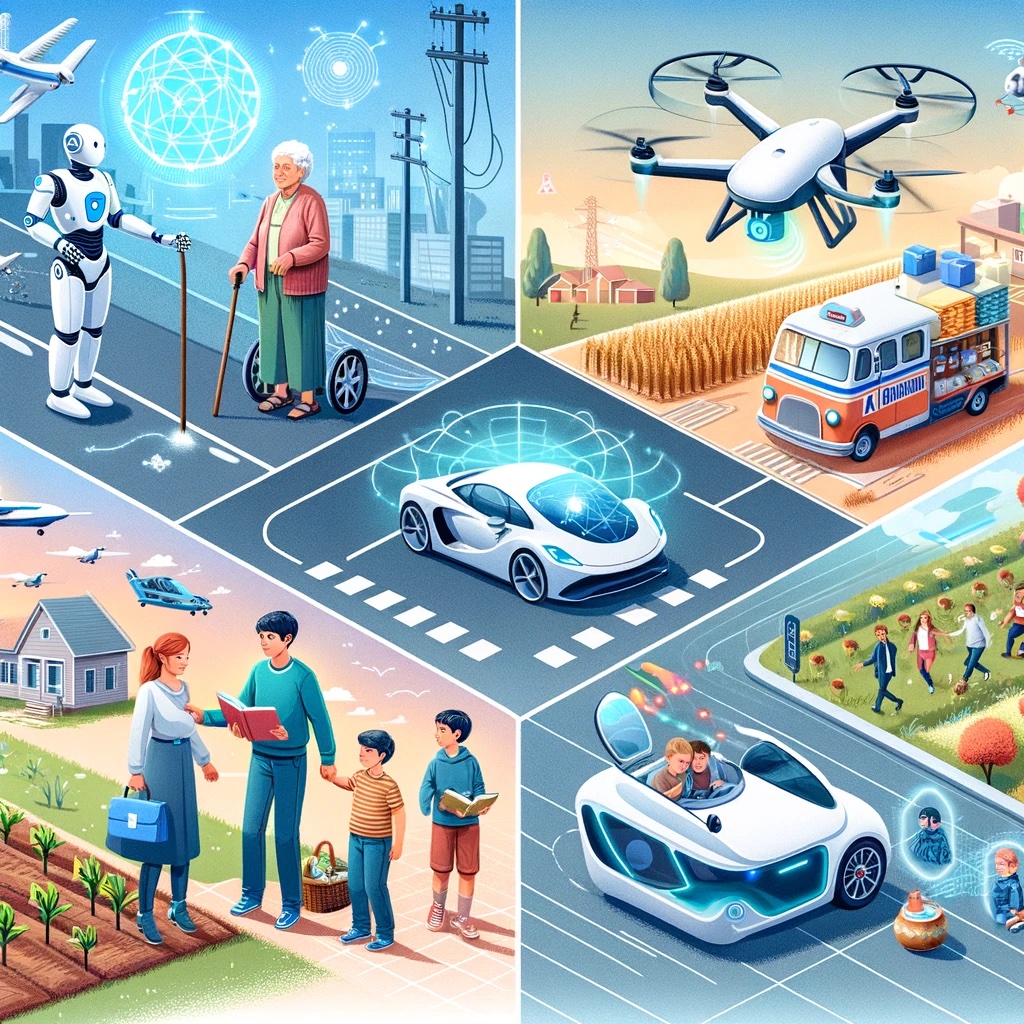Navigating the Uncharted Waters of Generative AI: A Closer Look at Concerns and Considerations

Generative AI is a rapidly advancing field that holds great promise of innovation and efficiency. However, as with any technological breakthrough, it brings a myriad of concerns that demand careful examination. In the article, we dive into some of the common concerns regarding the use of generative AI, exploring its potential impact on the workforce, economy, and society at large.
Impact on the Workforce: Job Loss and Economic Implications
Generative AI has the power to streamline tasks and automate processes, leading to increased efficiency. However, this efficiency comes at a cost to certain job sectors. Routine and repetitive tasks are susceptible to automation, which raises concerns about job displacement in industries. Specifically, there is a concern for how white collar jobs requiring a college degree, such as software engineering or graphic design, will be impacted. As certain jobs become automated, the question arises: who will bear the brunt of these technological advancements? The ripple effect of widespread job loss could have profound economic consequences, affecting consumer spending, income distribution, and the overall stability of labor markets.
The integration of generative AI into various industries may further exacerbate existing wealth disparities. Countries and individuals with the resources to adopt and leverage AI technologies stand to gain significantly, leaving others at a disadvantage. Bridging this gap requires thoughtful policies and initiatives to ensure equitable access and distribution of benefits.
The Power of Generative AI: A Call for Regulation
The fear surrounding generative AI is rooted in its potential to outperform humans in intellectual and creative tasks. While this can lead to unprecedented breakthroughs, it also raises questions about the ethical use of AI. Concerns range from biased decision-making algorithms to the potential for AI to replicate harmful ideologies present in its training data.
As generative AI continues to evolve, there is a legitimate fear that it could become too powerful. The ability to generate realistic content, such as deep fakes, poses significant challenges in areas like misinformation, cyber threats, and privacy invasion. Striking a balance between technological advancement and ethical considerations becomes paramount to prevent misuse.
Given the potential risks associated with generative AI, there is a growing consensus on the need for regulation. Ethical guidelines and legal frameworks are essential to ensure responsible development and deployment of AI technologies. Regulation should address issues such as accountability, transparency, and the protection of individual rights.
Conclusion
Generative AI holds immense potential, but its widespread adoption necessitates a careful consideration of the associated challenges. As we venture into a future where AI plays an increasingly prominent role, it is imperative to address concerns surrounding job displacement, economic implications, ethical considerations, and the potential for AI to exacerbate societal inequalities. Through responsible development, thoughtful regulation, and a commitment to inclusivity, we can harness the benefits of generative AI while mitigating its potential risks.




